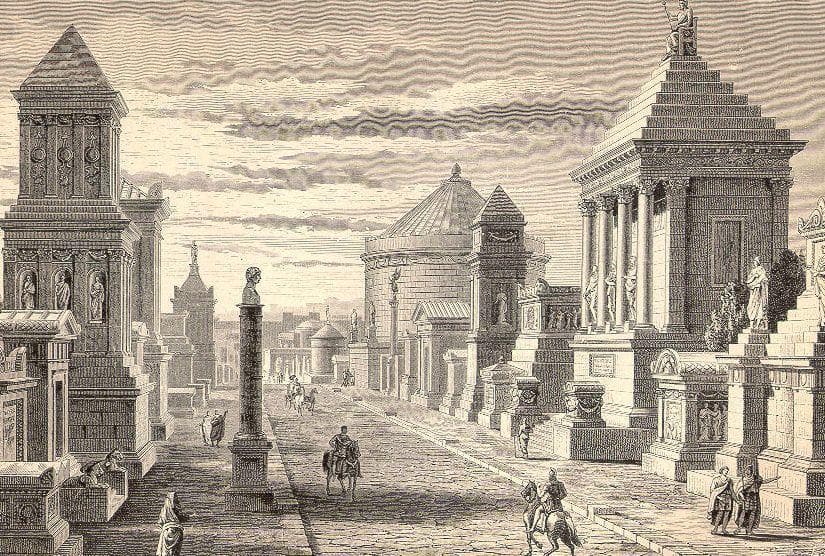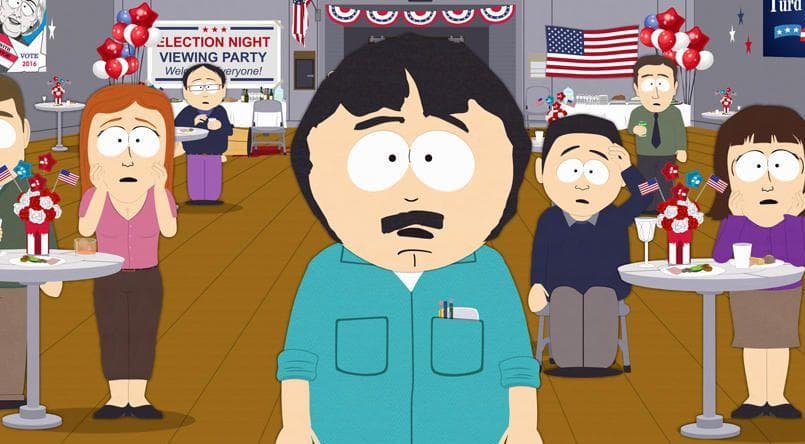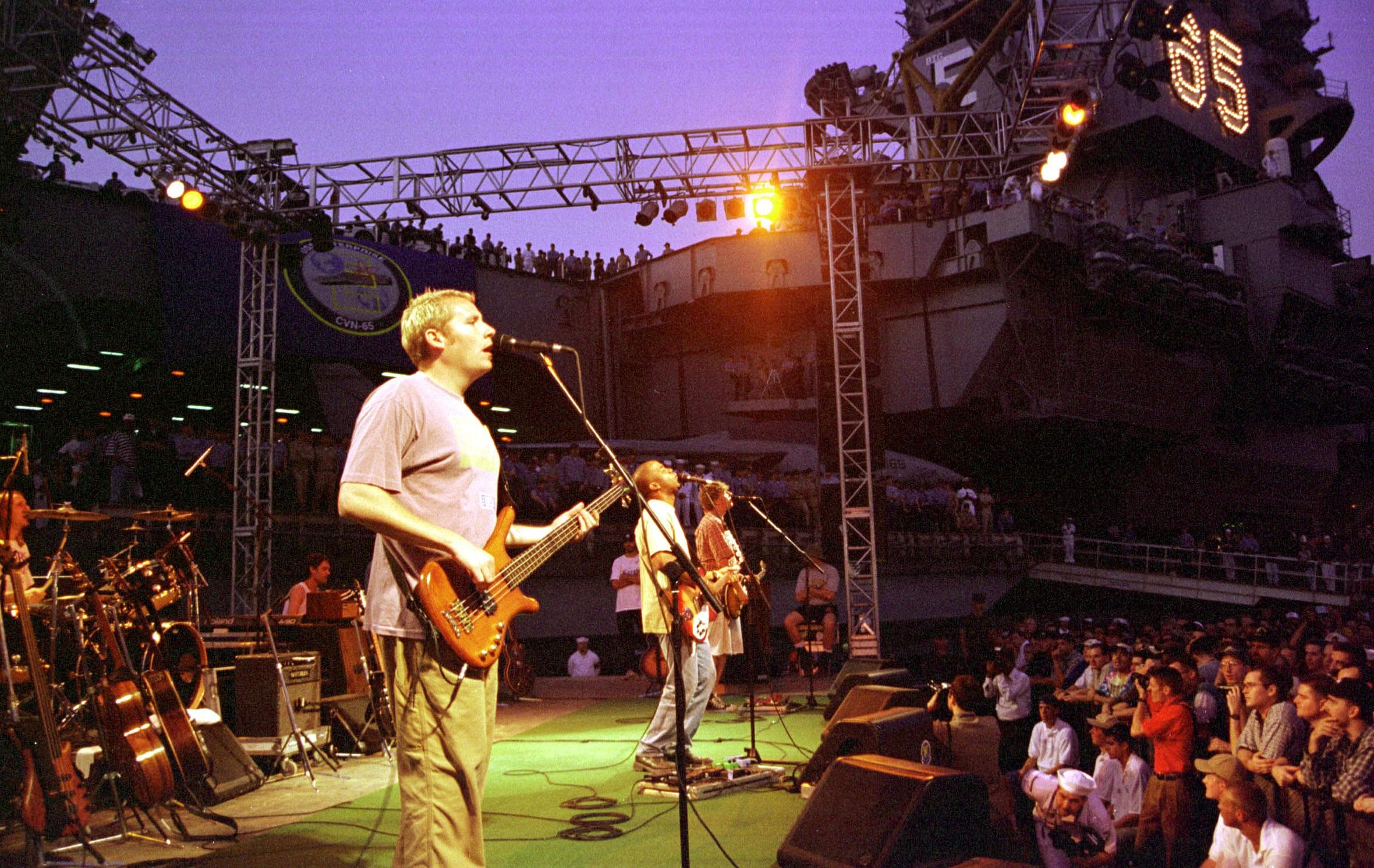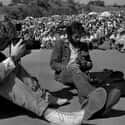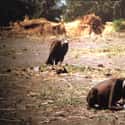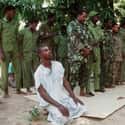-
(#6) For Carter, The Photo Was The Final Straw In A Lifetime Of Distressing Images
At the age of 33, Carter took his own life through carbon monoxide poisoning. He left behind a note that cited debt and a struggle with depression as his primary reasons for his decision, in addition to the trauma he was experiencing after a career of capturing images wrought with suffering.
-

(#2) In Reality, He Let The Bird Inch Closer So He Could Capture The Perfect Image
Carter eventually admitted that he watched the scene for about twenty minutes, waiting for the vulture to get closer to the boy and hoping that it would spread its wings for a more dramatic photo. After the vulture refused to move, Carter finally chased the bird away.
No one is certain whether or not the child reached the feeding center, though he did survive the incident; however, sources later revealed that he succumbed to malarial fever fourteen years later.
-

(#3) The Suffering In South Sudan At The Time Was Blatant And Appalling
Unfortunately, famine is not uncommon in South Sudan. The country was caught in the grip of famine intermittently throughout the 1990s. Due to this and other factors, the mortality rate in South Sudan was high at the time of Carter's photo.
-
(#4) When The Photo Was First Published, The New York Times Received Much Backlash
Carter sold the photo to The New York Times, where, upon publication, readers were affronted by the potent image. People barraged the Times with inquiring about whether or not the child survived the encounter. This prompted the editor to insert a note in their next edition stating that he escaped the vulture, but that they knew nothing further.
From there, critics turned on Carter, wanting to know why he hadn't helped the suffering child.
-
(#1) Kevin Carter Claimed That He Chased The Bird Away After Taking The Photo
While on the way to a United Nations feeding center, a young boy – initially mistaken for a girl – had stopped to rest, exhausted by starvation. As his parents had likely gone ahead to collect food, the emaciated child lay vulnerable, attracting the attention of a vulture.
Initially, Carter claimed to have come upon the scene, snapped a few photos, and then chased the bird away.
-
(#7) The Second Sudanese Civil War Was In Progress At The Time
The Second Sudanese Civil War, which started in 1983, was still in progress when Carter's Pulitzer-winning photo was taken. This complicated both relief efforts and the ability of starving people to reach aid. The Baltimore Sun reported that,
For the last decade, a grim civil war has been waged. The government of the north, which seeks to fashion an Islamic country, is fighting non-Muslim rebels in the south. The southerners historically have been oppressed by the north, and they resent Arab culture's rule over their traditional African ways.
But the southern rebels also have turned on each other. When not fighting the government, they have clashed in grabs for power, for territory and to satisfy old tribal grudges.
This conflict continued until a Peace Agreement was signed in 2005.
New Random Displays Display All By Ranking
About This Tool
Our data comes from Ranker, If you want to participate in the ranking of items displayed on this page, please click here.

